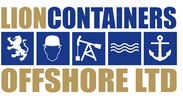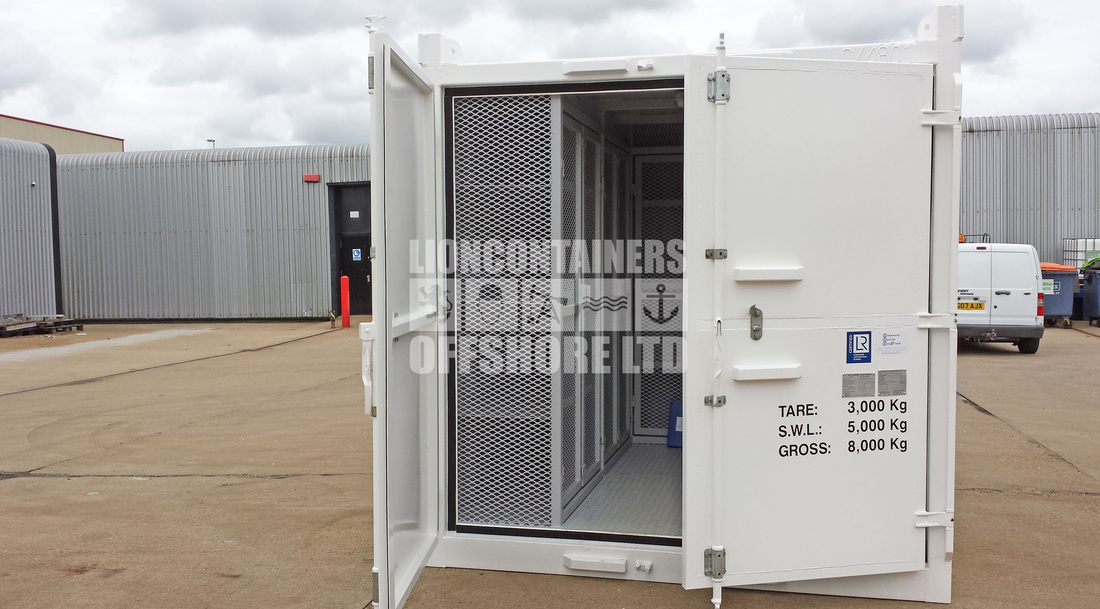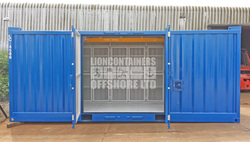I’m sure, like most kids, working on an offshore Oil Rig wasn’t one of the most popular choices when the family friends asked the question “what do you want to be when you grow up”. Yet hundreds of people live for up to 26 weeks of the year on them!
The first underwater oil well was drilled from a platform in 1891 and since then they have grown into huge structures that dwell deep in the seas, miles from shore. There are several types of oil rigs such as fixed platforms (platforms built on concrete or steel structures that are secured onto the seabed), compliant towers (a slender flexible tower typically used in water depths ranging from 370m to 910m), semi-submersible platforms (transportable platforms of sufficient buoyancy to cause the structure to float) and others include jack-up drilling rigs, drillships, floating production systems, tension-leg platforms, gravity-based structures, spar platforms… heard enough yet!?
The larger platforms of the selection above can employ and house more than a hundred workers. As the platforms are expected to run 24/7 the workers have to endure long 12 hour days for up two weeks at a time. The full time job that is carried out by the teams is extremely dangerous as standard and to top it off; they have to handle the stormy, windy conditions that can present themselves at sea! I know I wouldn’t want to be the one responsible for the risk assessments..
This may sound pretty tough but they are very well looked after. The companies that run these facilities ensure that the workers are as comfortable as possible and include for gyms, TV’s, recreational facilities, hotel standard accommodation and quite a comfortable wage slip at the end of the month! Still, I don’t think I’d be very good at living at sea, the thought of it is already sending me a little green at the gills!
The larger platforms of the selection above can employ and house more than a hundred workers. As the platforms are expected to run 24/7 the workers have to endure long 12 hour days for up two weeks at a time. The full time job that is carried out by the teams is extremely dangerous as standard and to top it off; they have to handle the stormy, windy conditions that can present themselves at sea! I know I wouldn’t want to be the one responsible for the risk assessments..
This may sound pretty tough but they are very well looked after. The companies that run these facilities ensure that the workers are as comfortable as possible and include for gyms, TV’s, recreational facilities, hotel standard accommodation and quite a comfortable wage slip at the end of the month! Still, I don’t think I’d be very good at living at sea, the thought of it is already sending me a little green at the gills!
Blog Post Written By Lucy Jones at Lion Containers (Offshore) Ltd.





 RSS Feed
RSS Feed
